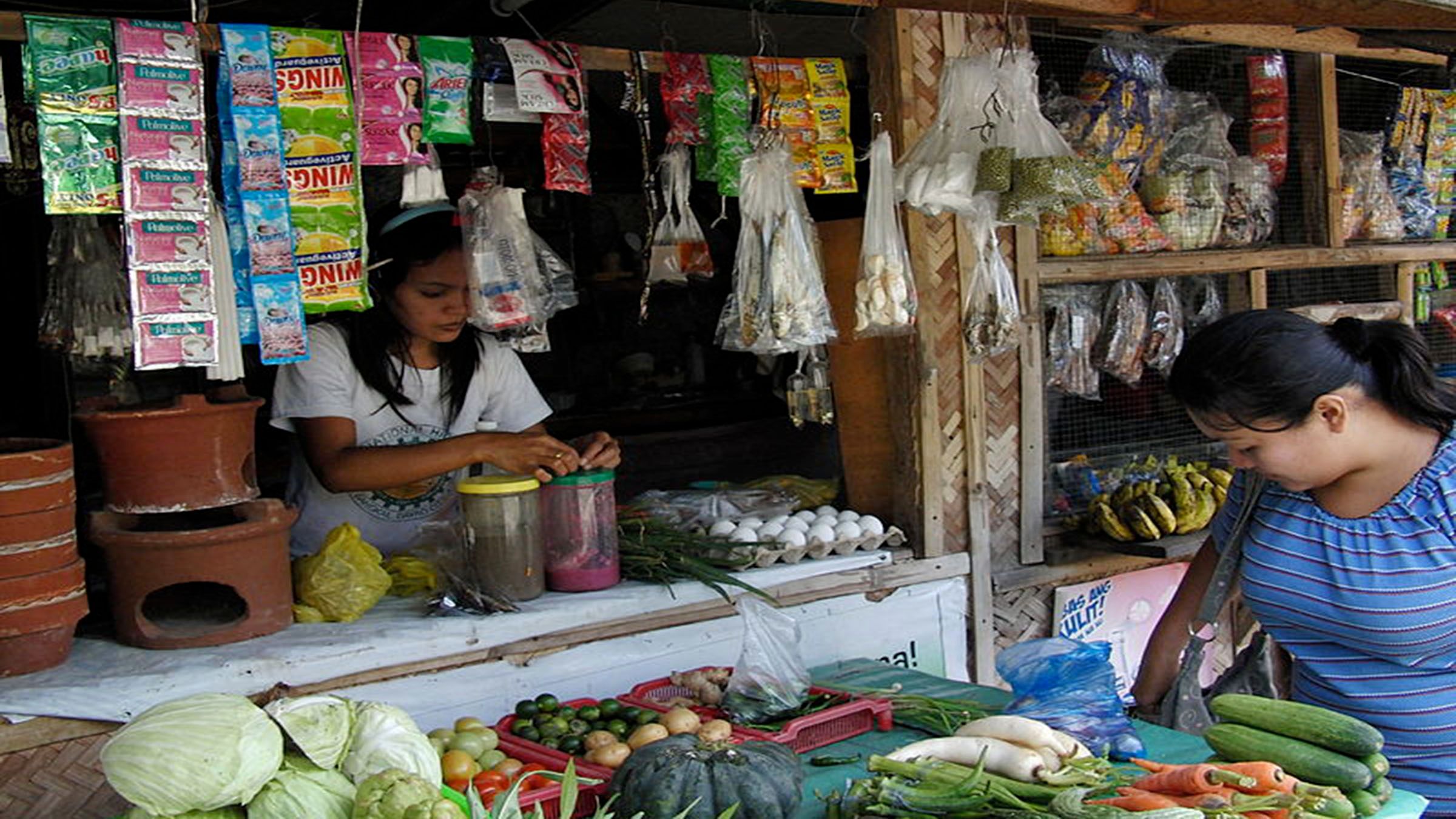The COVID-19 pandemic has brought about unprecedented challenges for businesses worldwide, including local and small business owners in the Philippines. The prolonged lockdowns, limited operating hours, and stringent health protocols have taken a toll on the businesses, making it challenging for them to stay afloat.
One of the most significant challenges for local and small business owners is the significant loss of revenue. The prolonged lockdowns and restrictions have led to reduced foot traffic and sales, resulting in massive financial losses for many businesses. According to the Philippine Chamber of Commerce and Industry (PCCI), 98% of small businesses in the Philippines have been affected by the pandemic, with 75% experiencing a decline in revenue.
Another challenge faced by local and small business owners is the shift in consumer behavior. With people staying at home and avoiding physical stores, many businesses have had to pivot to an online business model. However, not all businesses have the resources or knowledge to make this transition successfully. According to a report by the Department of Trade and Industry (DTI), only 4% of small businesses in the Philippines have an online presence.
Despite the challenges, local and small business owners in the Philippines are resilient and finding innovative ways to adapt and survive. One effective strategy is pivoting their business models. For instance, some restaurants have shifted from dine-in to takeout and delivery services. Other businesses have expanded their product offerings or created new revenue streams, such as offering online classes or workshops.
Collaborating with other businesses is also a successful strategy for local and small business owners. By partnering with other businesses in their community, they can share resources and support each other. This approach not only helps businesses stay afloat but also strengthens their relationships with the community.
Moreover, local and small business owners are becoming more creative with their marketing strategies. Social media platforms like Facebook and Instagram have become powerful tools for businesses to promote their products and services. Some businesses are even offering promotions and discounts to encourage customers to shop locally.
In conclusion, the pandemic has brought significant economic challenges for local and small business owners in the Philippines. However, with resilience, creativity, and the willingness to adapt, many businesses are finding ways to weather the storm. By pivoting their business models, collaborating with other businesses, and getting innovative with their marketing strategies, local and small business owners are proving that they can survive and thrive despite the ongoing crisis.

